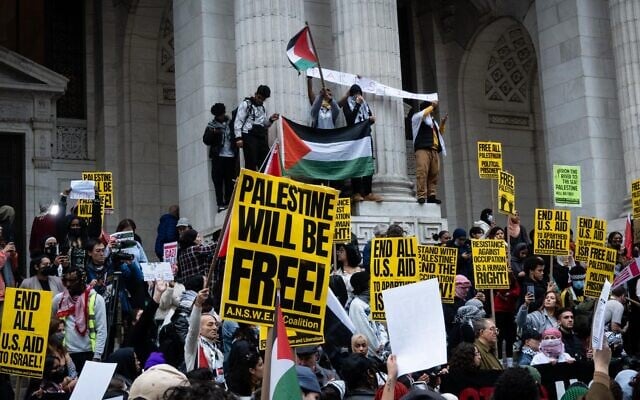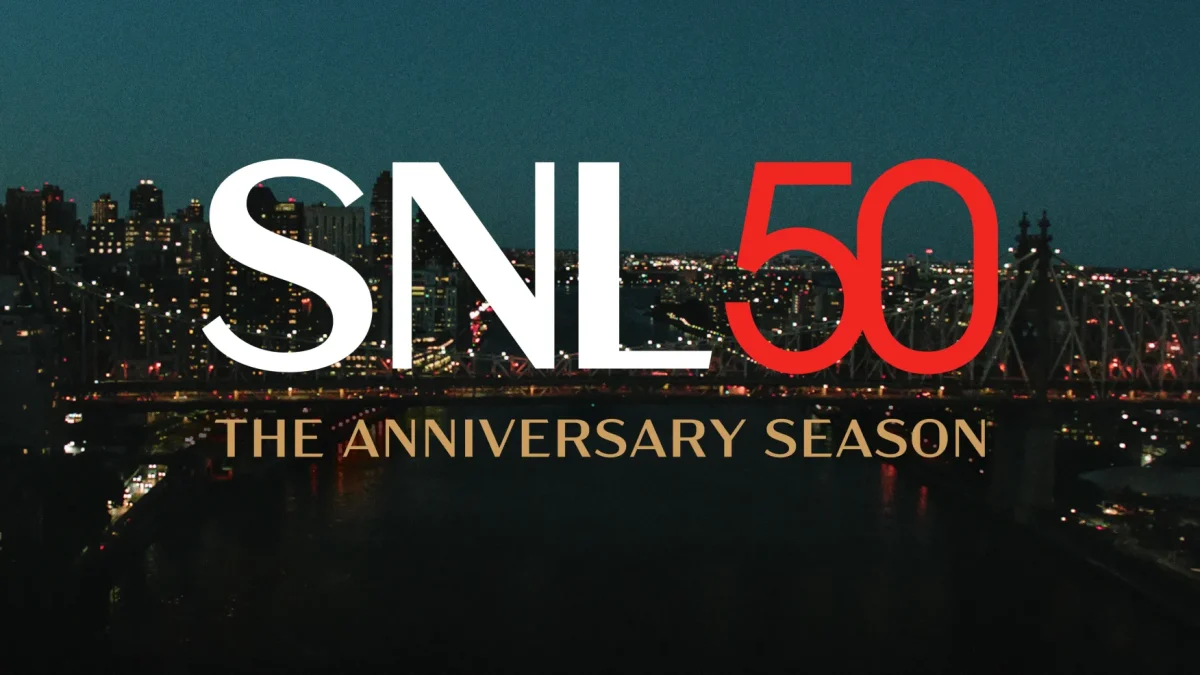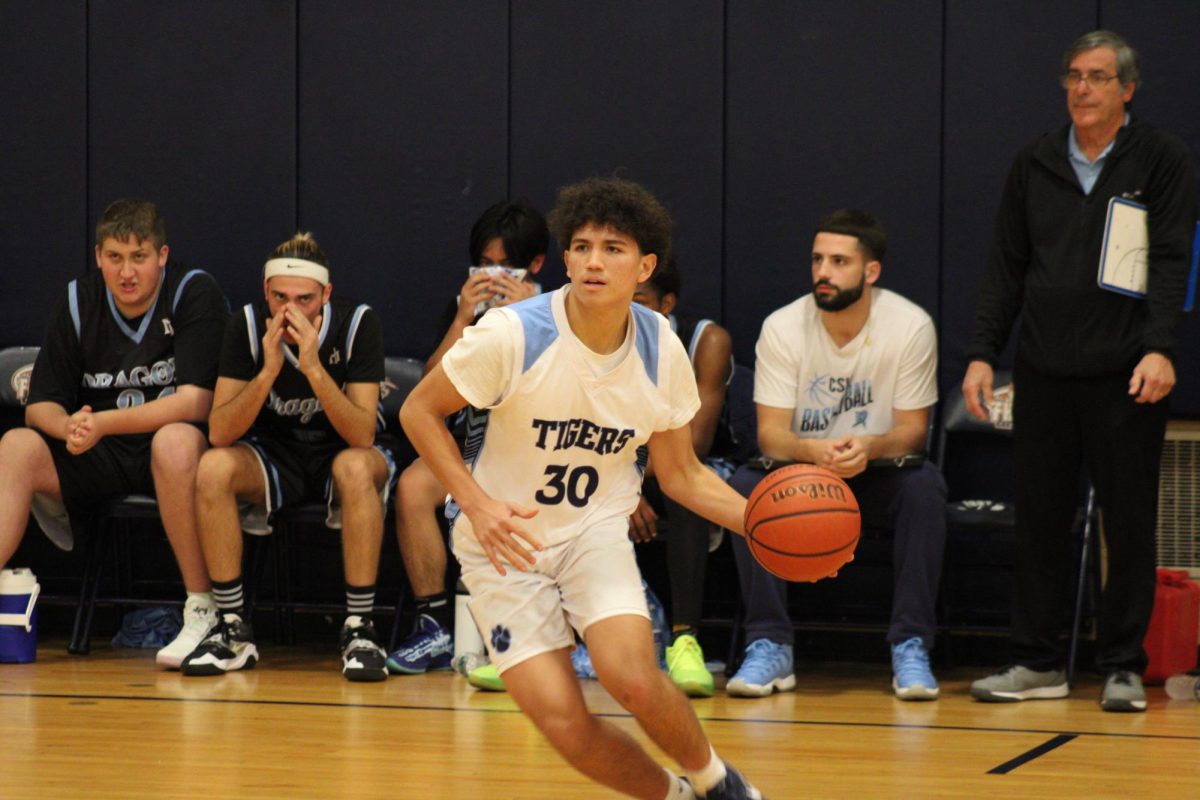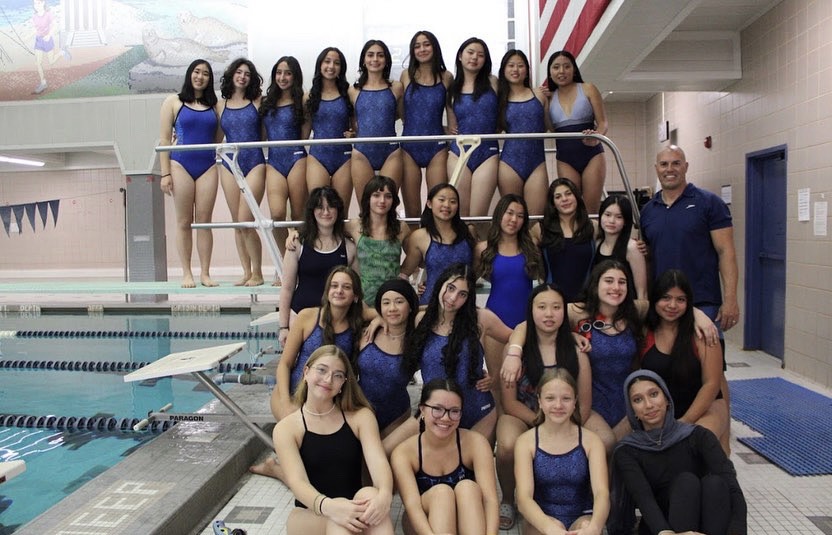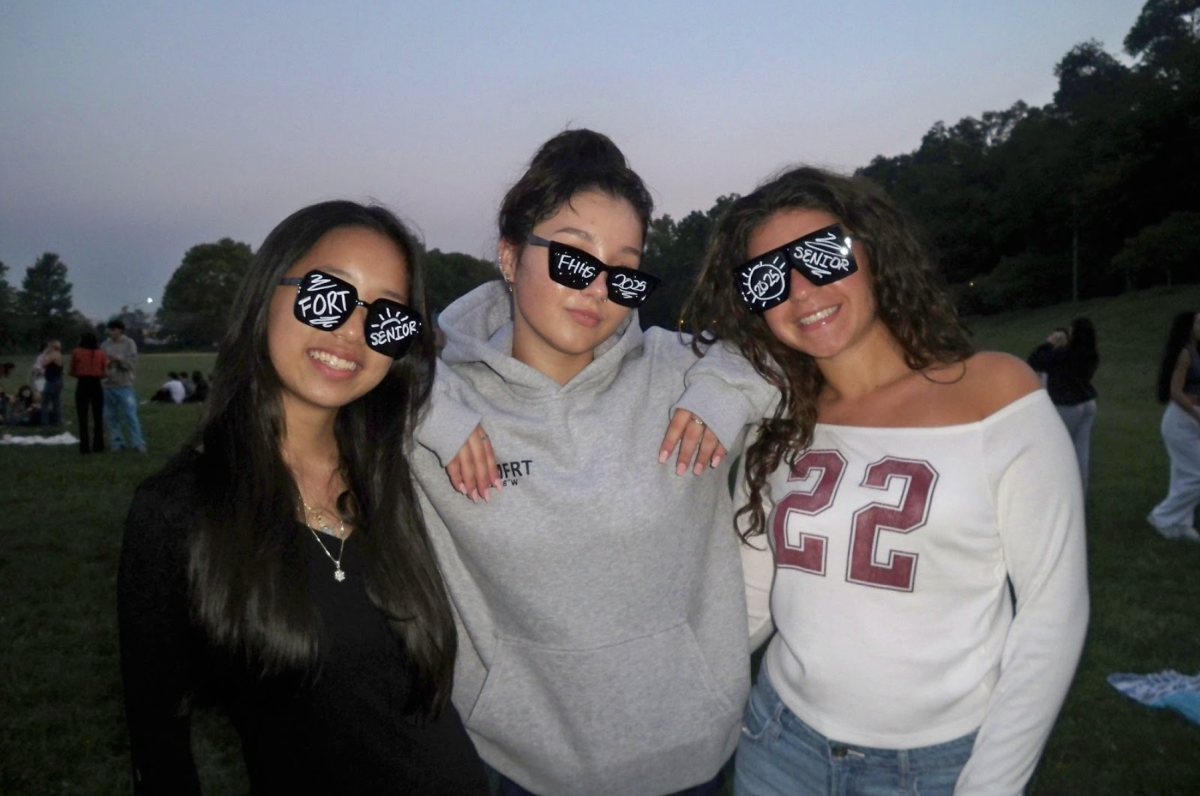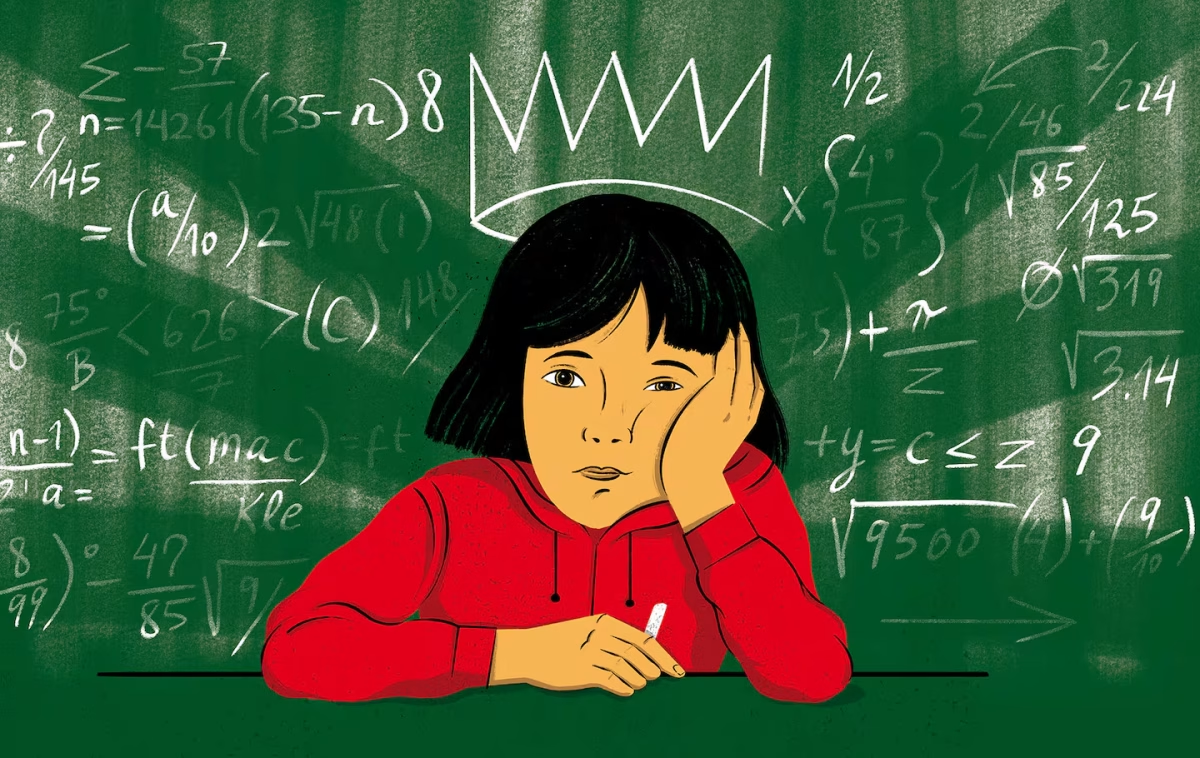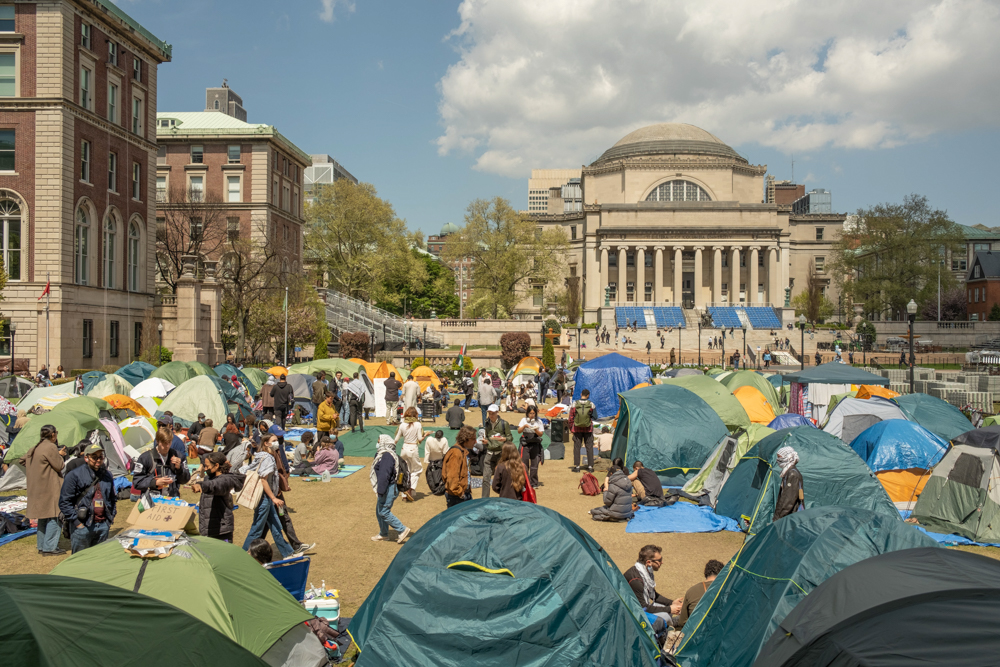The October 7th attacks on Israel and the resulting retaliation impacting the Gaza Strip have spurred encampments in protest of this response at college campuses across the United States. The encampments, beginning at Columbia University on April 17, 2024, spread to Ohio State University, Drexel University, Harvard University, and many more.
The tensions between students and the administration at Columbia University began in November of 2023. In particular, the school’s decision to suspend their campus chapters of the Jewish Voice for Peace and Students Justice for Palestine, organizations critical of Israel’s actions in Gaza, led to increased outrage from students.
The goal of the encampment movement was to communicate students’ demands. One of their goals is to direct more attention toward the humanitarian crisis in Gaza, which has resulted in a growing number of Palestinians being killed and “famine-like conditions” with “1.1 million people struggling with catastrophic hunger,” as reported by the World Food Programme. Students have also been calling for campus divestment from Israel, which would entail universities’ removing their shares from companies that provide weaponry and other wartime services to Israel.
The movement has resulted in a variety of reactions from students. Some Jewish students at Columbia University recently wrote an open letter to the Columbia community, criticizing the movement and explaining that it has resulted in a rise in antisemitism. The letter cites threats of violence against students on campus.
“We are targeted for our belief that Israel, our ancestral and religious homeland, has a right to exist,” the letter reads. “One thing is for sure. We will not stop standing up for ourselves. We are proud to be Jews, and we are proud to be Zionists.”
Other Jewish students at Columbia have responded, claiming that the protests haven’t been antisemitic, in another open-letter to the Columbia community.
“As Jewish students, we wholeheartedly reject the claim that these encampments are antisemitic and that they are an inherent threat to Jewish student safety,” the letter reads. “However, we refuse to allow these administrations to use the safety of Jewish students as political cover for their violent reactions to peaceful protest.”
On April 30th, 2024, on the 56th anniversary of the New York Police’s violent suppression of Vietnam Anti-War Protests, Columbia students filled Hamilton Hall. As they sang “We Shall Not Be Moved” — a nod to the Civil Rights Movement — outside of the building, the NYPD lined up outside the university, equipped with riot gear. Students were asked to evacuate the university, and those who remained with their arms linked with each other in protest were detained.
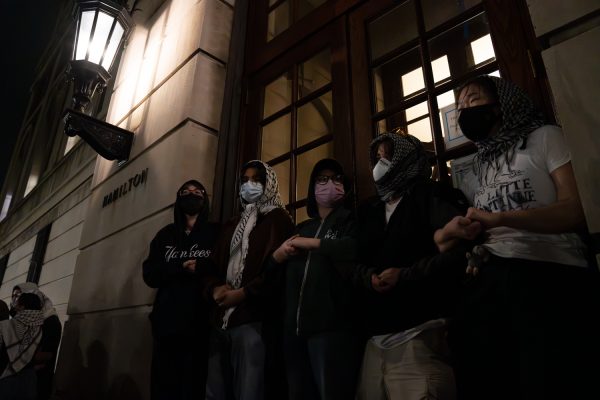
A released letter from Minouche Shafik, the university president, to the NYPD, revealed that she had requested “the NYPD’s help to clear all individuals from Hamilton Hall and all campus encampments” and requested that the NYPD maintain a presence on campus in order “to restore calm, allow students to complete their academic work, and honor their achievements at Commencement.”
The Columbia University encampments have since been re-established, attracting mixed responses from the public. As the atmosphere of college campuses across the country shifts with the rise of these encampments, many have come to question students’ future in such an environment, whether it be because of the cancellation of graduation ceremonies or because of disciplinary action taken against protestors. One prospective college student, who asked to remain anonymous for this story, said that regardless of their stance, “it is important for students to still have their voices and concerns heard.”


